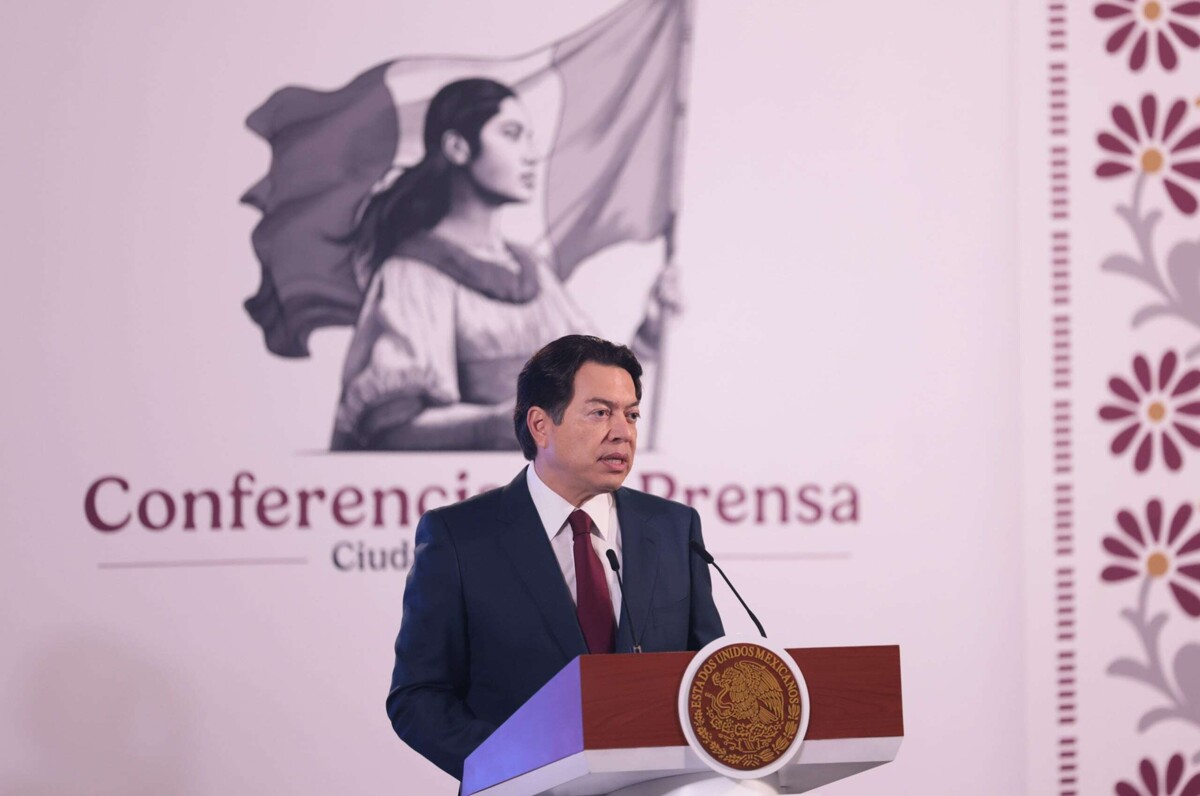
The Government of Mexico has implemented a series of actions to promote healthy eating habits and combat obesity in the country. Among these measures are the prohibition of the sale of ultraprocessed foods and those with low nutritional value in school spaces, the promotion of natural water consumption in schools, and training for the personnel responsible for school cooperatives to prioritize local and seasonal foods.
Additionally, a Communication Strategy has been issued that includes the production of printed educational materials on healthy eating, recipe books, and a guide for proper nutrition. Courses and diplomas have also been created for teachers with the aim of educating about Healthy Living through inter-institutional cooperation among various governmental entities.
The promotion of physical and sports activities, the establishment of a monitoring and evaluation system to measure the implementation of these measures, and the classification of healthy schools with continuous monitoring are also part of this governmental strategy.
Mario Delgado Carrillo, head of the Ministry of Public Education (SEP), presented these actions in the "Healthy Living in Schools" program of President Claudia Sheinbaum Pardo. According to data presented during the presentation, it is estimated that 5.7 million students aged 5 to 11 years and 10.4 million students aged 12 to 19 years suffer from obesity problems in Mexico.
Delgado Carrillo pointed out that despite the existence of Guidelines for Nutritional Health in the country, they have not been properly applied. It was found that in the vast majority of schools, foods with low nutritional value are sold, with alarming figures such as 98% junk food, 95% sugary drinks, and 79% soda sales in these educational institutions.
As a more recent measure, it is noteworthy that starting from March 29, 2025, it will be mandatory in all schools of the national education system to comply with these provisions in the 258,689 schools that exist in the country.














